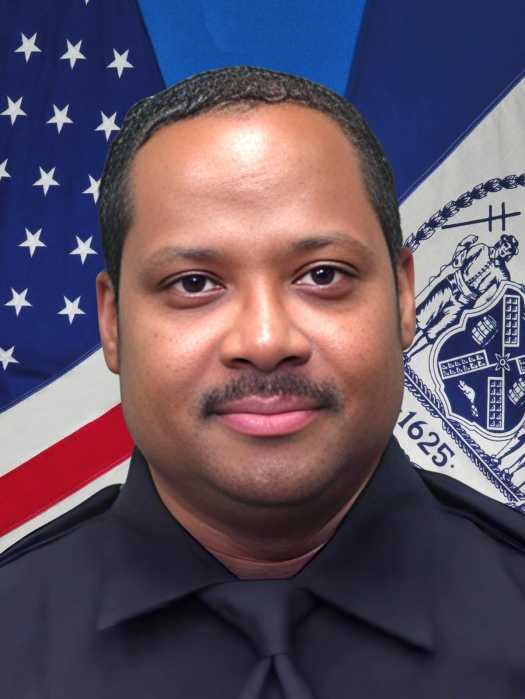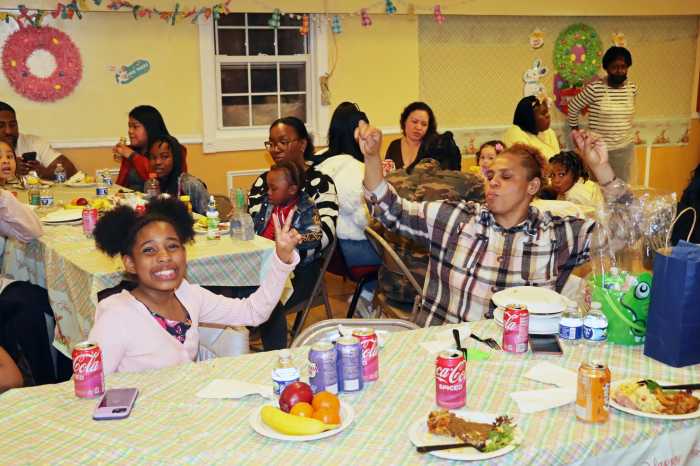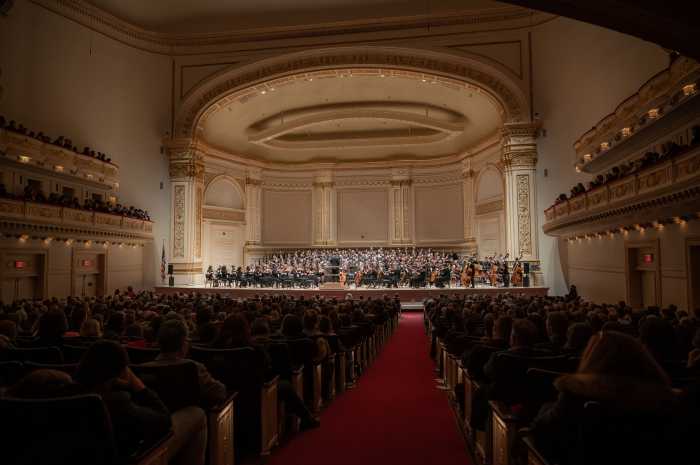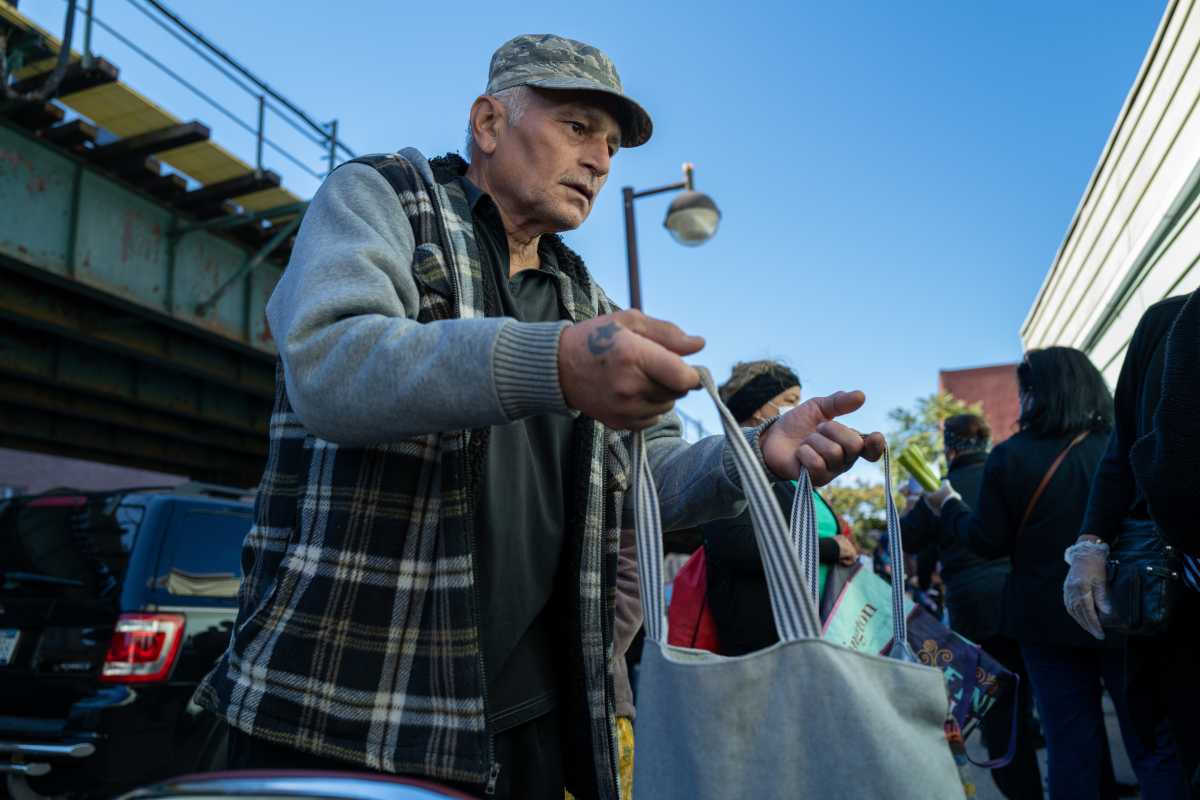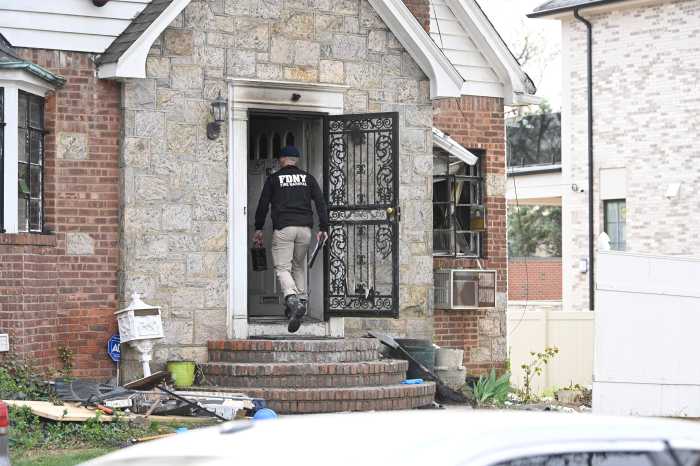Dr. Ron Daniels, president of the New York-based Institute of the Black World 21st Century (IBW), said on Monday that the group will be dedicating this year to the life and legacy of Jamaican-born Pan-Africanist and liberation leader Marcus Mosiah Garvey.
Daniels said Garvey, Jamaica’s first national hero, founded the Universal Negro Improvement Association and African Communities League (UNIA-ACL), “which rapidly developed into the largest mass-based organization of people of African descent in the history of the US and globally.
“The UNIA-ACL was completed financed by Black people,” Dr. Daniel said, stating that, in 1920 Garvey took “the extraordinary step of convening an International Convention of the Negro People of the World, which attracted more than 2,000 delegates from Africa, the Caribbean, Great Britain, France and the US.
“The convention began with a rally at Madison Square Garden, which drew some 25,000 attendees,” he said.
“In commemoration of the anniversary of this amazing feat and the vision and accomplishments of Marcus Mosiah Garvey, IBW is declaring 2020 ‘The Year of Marcus Garvey’ and urging Black organizations in the US and the Pan African World to join us in mounting a year-long educational campaign to teach our people about this remarkable leader and to rekindle a spirit of self-support for Black organizations and institutions in his memory,” he added.
“We intend to utilize the educational campaign as an organizing tool leading straight into SOBWC V (State of the Black World Conference V), he continued, stating that SOBWC V is tentatively scheduled for Newark, NJ, from Dec 2-6, to be hosted by Newark Mayor Ras J. Baraka.
Dr. Daniels said Dr. Julius Garvey, Marcus Garvey’s son, a retired surgeon and highly acclaimed Pan Africanist in his own right, has agreed to serve as the Honorary Chairman of SOBWC V.
Dr. Daniels said IBW intends to invite at least two heads of state from Africa and two from the Caribbean to attend and address the conference.
He said IBW will hold a major rally on Saturday, March 7 at the historic House of the Lord Church, downtown Brooklyn “to mount a major campaign to mobilize support for State of the Black World Conference V.”
Daniels said that IBW convenes State of the Black World Conferences every four years to assess the impact of the US presidential election on Black America and the Pan African World.
State of the Black World Conference IV (SOBWC IV) was also convened in Newark in 2016.
“We selected Newark for the last conference because of the history of rebellion, resistance and resiliency of Black people in this city and the progressive policies of Mayor Ras J. Baraka, son of Amiri Baraka, one of the greatest cultural artists and revolutionary leaders in the era of the 60’s and beyond,” Dr. Daniels said.
“We return to Newark because the hundreds of participants who attended SOBWC IV embraced the Declaration of Intent and Call to Action which mandated a focus and commitment to work with Mayor Baraka to make Newark a model for progressive social, economic and political development for Black people and marginalized communities,” he added. “True to that commitment, since 2016, IBW convened a Marshall Plan Symposium and Economic Summit in 2018 and a National Emergency Summit on Gentrification in 2019, which focused national attention on Newark.”
Organized around the theme “Reimagining Marcus Garvey’s Vision for Black Empowerment,” Daniels indicated that the goal of the March 7 rally is to enlist the support of IBW friends, allies and supporters in the greater New York/New Jersey area and nationally to organize to make SOBWC V “one of the most significant and impactful gatherings of people of African descent in the 21st century.”
Last week, students, cultural figures and community activists were given a good history lesson while being entertained, as The People of the Sun Middle Passage Collective at Brooklyn’s predominantly Black Medgar Evers College celebrated Garvey’s life and work.
As part of the college’s Black History Month celebration and in what the group dubbed as a “cultural extravaganza”, patrons, in the college’s EOJ Auditorium, viewed an hour-long film on Garvey’s works, asked questions and commented on his legacy, listened to a captivating address by renowned New York radio personality Bob Law, and were mesmerized by Afrocentric drumming and rituals.
“As a prominent Black leader, whose ideas on Black economic independence and entrepreneurship inspired and promoted Black communities to take ownership and responsibility for their social and economic destinies, Marcus Garvey reflects the significant values of Black History month and its objective to celebrate and honor the heroes of Black culture and their contributions to the lives of Blacks throughout the world,” said The People of the Sun Middle Passage Collective.
“His influences on outstanding Black historic leaders like Malcolm X, Elijah Muhammad, Nelson Mandela, Winnie Mandela and Rosa Parks speak to Garvey’s contributions to Black thought and actions of our times,” it added.
According to his biography, Garvey was an orator for the Black Nationalism and Pan-Africanism movements, to which end he founded the Universal Negro Improvement Association and African Communities League.
Garvey advanced a Pan-African philosophy, which inspired a global mass movement, known as Garveyism, the biography states.
It says Garveyism would eventually inspire others, from the Nation of Islam to the Rastafari movement.
Marcus Mosiah Garvey, Jr. was born on Aug. 17, 1887, in St. Ann’s Bay, Jamaica.
Self-educated, Garvey founded the Universal Negro Improvement Association, dedicated to promoting African-Americans and resettlement in Africa, the biography says.
In the United States, it says Garvey launched several businesses to promote a separate black nation.
After he was convicted of mail fraud and deported back to Jamaica, the biography says Garvey continued his work for Black repatriation to Africa.
Convinced of the strong belief that African-Americans needed to secure financial independence from white-dominant society, Garvey launched several businesses in the US, including the Negro Factories Corporation and Negro World newspaper.
In 1919, he became president of the Black Star Line shipping and passenger company, designed to forge a link between North America and Africa and facilitate African-American migration to Liberia.
In 1923, Garvey was convicted of mail fraud for selling the company’s stock and imprisoned in the United States Penitentiary Atlanta for nearly two years.
Many pundits and analysts said that Garvey’s trial was politically-motivated.
Garvey died in London in 1940 after several strokes.
Due to travel restrictions during World War II, his body was interred in London, his biography says.
In 1964, it says Garvey’s remains were exhumed and taken to Jamaica, where the government proclaimed him Jamaica’s first national hero and re-interred him at a shrine in the National Heroes Park.
“But his memory and influence remain,” his biography says, adding that “his message of pride and dignity inspired many in the early days of the Civil Rights Movement in the 1950s and 1960s.”
In tribute to his many contributions, Garvey’s bust has been displayed in the Organization of American States’ Hall of Heroes in Washington, D.C., the biography notes.
It says Ghana named its shipping line the Black Star Line and its national soccer team the Black Stars in honor of Garvey.


